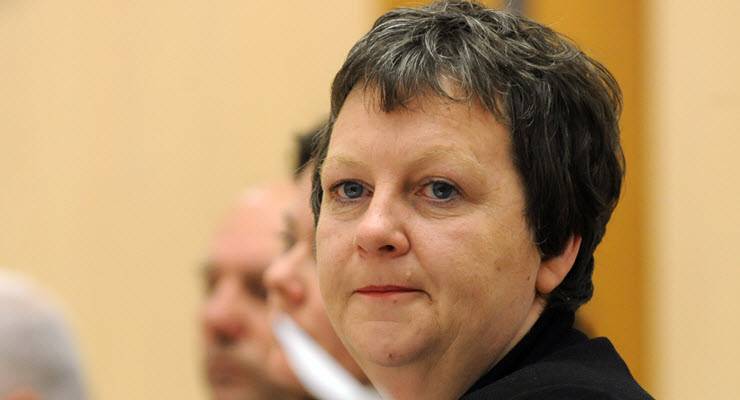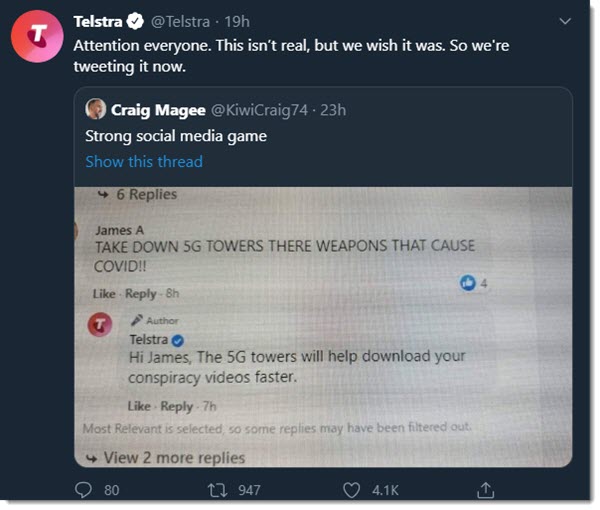
The virus has not been good for workers’ rights in Australia. And in the US, Donald Trump continues to show questionable judgement.
Working hard? Or is the system hardly working?
Unfair dismissal claims have increased by 70% during the COVID-19 crisis, after nearly 600,000 Australians lost their jobs in April.
Fair Work Commission general manager Bernadette O’Neill told the Senate’s COVID-19 inquiry yesterday that the number of complaints being made was “significantly higher than any other period”.
This continues the general trend of increased workload for the commission, with stand-downs and JobKeeper disputes piling on top of the increased dismissals.
For those still at work, meanwhile, the news is also grim. An Australian Council of Trade Unions (ACTU) survey of just over 1300 workers found the vast majority of employers are yet to implement sufficient hygiene measures in response to the crisis.
Only 11% of those currently in the workplace said they had additional hygiene measures such as hand sanitiser or access to soap and water, while 4% of those in the workplace said there was additional cleaning or disinfection occurring.
And precisely 0% felt there was anything being done for their mental health.
Covid in a warzone
The community effects of COVID-19 are only compounded in a warzone, particularly one subject to starvation, disrupted aid and a blockade.
As was the case before the outbreak, there has been relatively little international attention on the proxy war between Iran and Saudi Arabia that has raged for the last five years in Yemen. Recent statements from Medicins Sans Frontieres — which runs the only dedicated COVID-19 centre in southern Yemen — give a small indication of the reality on the ground.
“From April 30 to May 17 we admitted 173 patients, at least 68 of whom have died,” it said in a statement. “Many patients are arriving at the centre already suffering from acute respiratory distress syndrome, making it hard to save their lives and suggesting that many more people are sick at home.”
MSF also cites government burial statistics — up to 80 people a day have been dying in the city of Aden for the past week, up from a pre-outbreak normal of 10 — and the number of healthcare professionals presenting at the centre with COVID-19 as further evidence of a wider catastrophe.
Just how bad is it going to get in the US?
US President Donald Trump has announced he will not close the country down again if there’s a second wave.
“We are going to put out the fires. We’re not going to close the country,” Trump said while touring a Ford factory in Michigan. “We can put out the fires. Whether it is an ember or a flame, we are going to put it out. But we are not closing our country.”
If that seems a worrying reflection on his judgement — 95,000 of his citizens have died in the first out break — Trump went on to prove he’s as sharp and eloquent as ever in response to a question about his hydroxychloroquine treatment:
I tested very positively, in another sense, this morning. I tested positively toward negative, right? No, I tested perfectly this morning — meaning I tested negative. But that’s a way of saying it: positively toward the negative.
Telstra goes after the conspiracies
Look, we hate it when big companies try to be funny on social media too. But we’ll give whoever runs Telstra’s twitter account credit for this.
Following what turned out to be erroneous news that Telstra was dragging conspiracy theorists online — who argued Telstra’s 5G towers were spreading coronavirus — the company decided to make its stance clear.









Crikey is committed to hosting lively discussions. Help us keep the conversation useful, interesting and welcoming. We aim to publish comments quickly in the interest of promoting robust conversation, but we’re a small team and we deploy filters to protect against legal risk. Occasionally your comment may be held up while we review, but we’re working as fast as we can to keep the conversation rolling.
The Crikey comment section is members-only content. Please subscribe to leave a comment.
The Crikey comment section is members-only content. Please login to leave a comment.